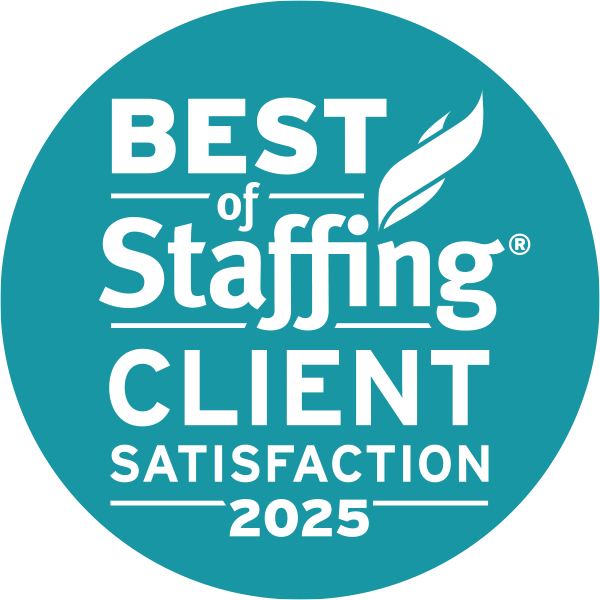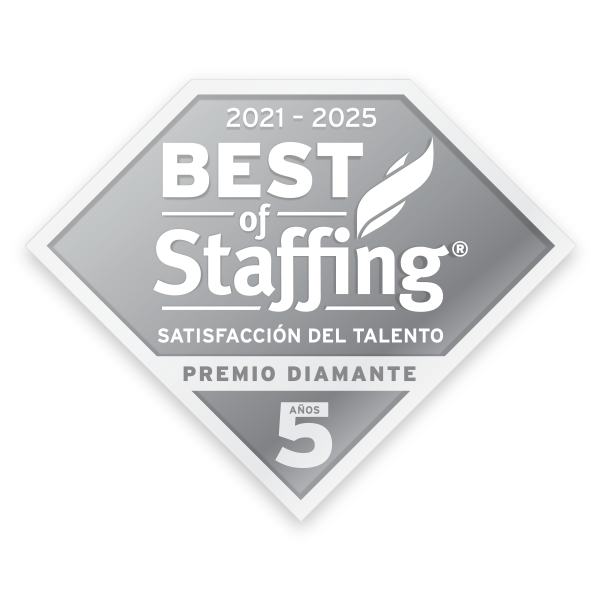At Onward Search we see tons of search marketing resumes everyday. Some of these resumes tend to stand out more than others. The candidates whose resumes stand out feature many common threads, and it is those little differences that make them great resumes. When your resume lands on someone’s desk it has on average 15 seconds to impress them before they are going to move on to the next one. This is why you need to prepare your resume to stand out. Your resume is a glimpse at your professional history, by highlighting the right areas you will increase your chances of landing an interview. Before submitting your resume to a job, you want it to be at its best. These are the tips we give our candidates that have had the best impact on improving their resumes.
1) Organization:
The key to a great resume starts with organization. You want to break down your resume into sections so that all your relevant information is laid out and easy to find. The four typical sections for each resume our professional goals/objectives, relevant experience, work experience, and education/certification. You can include more sections in a resume, but these ones set a great foundation.
Professional Goals/Objectives – This should be the first section on every resume. In this section you want to give the reader an idea of the type of position you are looking for. This section allows you to create a voice for yourself and show why you are the perfect candidate.
“Seeking a full-time contract position with a Fortune 500 company where I will be able to use my search marketing skills to help develop the department.”
Relevant Experience – This will typically be the second section. This area allows you to highlight the experience you have from different positions that makes you a perfect fit for the job. Pick out bullet points that demonstrate the value you bring to a company. When hiring managers see you have performed identical tasks in the past, they will be more likely to offer you an interview.
Work Experience – Your experience should be listed in reverse chronological order, with your current/most recent position at the top of the page. If your work history is lengthy, try and limit it to your more relevant positions. Consider listing some of your older positions or scrapping them entirely. Any early search marketing experience, web design or development, you would want to keep, possibly as a list, because it is related to the position, but if your old experience is completely unrelated you should consider removing it, especially if it is the difference between an extra page on your resume.
Education/Certifications – Depending on where you are in your career, you will likely place your education history and certifications in a different spot. If you are a new grad, your education will carry more weight and should be listed before your work history. If you are a more senior candidate, it is likely your work experience is stronger than your education, and can be listed at the end of your resume. Certifications (Google Adwords, SEMPO Institute, ect) should be listed at end of your resume, they carry less weight but are still very important.
2) Bullet Points:
Bullet Points, Bullet Points, Bullet Points. List your responsibilities and experiences at your current and past positions, DO NOT write out a long detailed paragraph. Remember 15 seconds; you need to break down your accomplishments into short concise bullet points to get the reader interested. If after separating everything into bullet points something doesn’t seem relevant anymore, remove it. You want each of your bullet points to be a strong representation of your skills.Your bullet points should be listed in order of importance.
Good List:
– Managed a team of four search marketers
– Improved conversion rates by 23%
– Managed paid search budget
– Wrote ad copy for adwords campaigns
Bad List:
– Managed paid search budget
– Wrote ad copy for adwords campaigns
– Managed a team of four search marketers
– Improved conversion rates by 23%
This way you show the reader what is important, without leaving them to figure it out.
3) Quantifiable Results:
The number one thing any hiring manager wants to see is measurable results. Especially in the search marketing industry where everything is measurable, you have to have a proven track record of raising page rankings, increasing ROI, or improving conversion rates. If you have accomplished any of these things, list them, they will be the reason your resume gets more than 15 seconds. Hiring managers want to be confident that you are the right person for the job, and with a history of measurable results you’ll have a leg up on everyone else.
Don’t Just List
– Increased online sales
– Managed a paid search campaign budget
– Lowered cost per lead
Do Include Numbers
– Increased on-line sales from 14-21% between 2003 and 2006
– Managed a monthly paid campaign budget of $200k
– Defined and measured cost per lead goals (Decreased overall CPL 15% YOY)
4) Individual Tweaks:
When a hiring manager reads your resume they need to have a sense that you would be a good fit for the company and for the position. In cases when there might be several possible ways to say something, it is critical to research the companies you are applying to. By bouncing around a company’s website you can get a feel for the language they use. Some companies may refer to search engine marketing and internet marketing as the same thing, others may refer to search engine marketing and paid search as the same. You want to have your resume aligned with a company’s terminology as best you can, so anyone reading it doesn’t misinterpret what you are trying to say.
5) Professionalism:
After you have done everything else do one last review of your resume. Weed out any typos, spelling errors, or grammatical errors, these can be the difference maker for your chances of landing an interview. Clean up your formatting, one font, one color (black), and limited changes in font size and style. If you can’t decide on a single font to use on your resume, it wont speak well of your decision making ability. Also make sure everything is in the same tense, and you use the same terminology throughout. You want to make sure your resume reads like you are a professional, any blemish on it might tarnish the image it sets for you.
Most times your resume is the only impression you get to make with a company. Your time is limited so you want to make sure your bullet points are aligned and you have replaced re****@********ks.com with an email address that is more respectable and honest. Make sure you are updating your resume every time you receive a promotion, or take on a completely new job. If your resume is in good shape it is only going to give you a better shot at landing one of those 100K SEO jobs.







